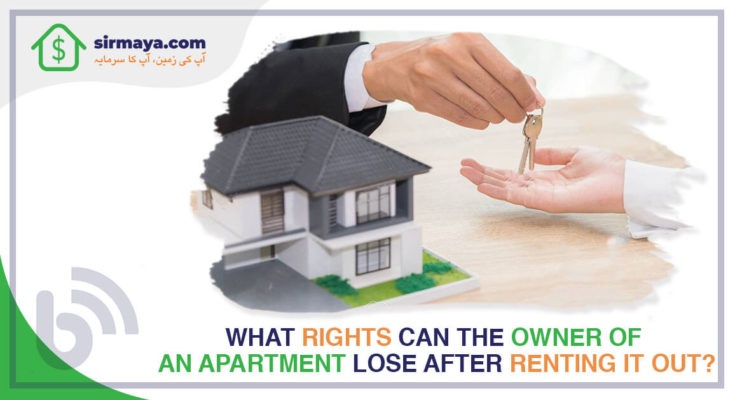Table of contents:
- Privacy of the house for rent
- Is it possible for the owner to come home without notifying the tenant or in his absence from the apartment?
- Can the owner check the living space for clutter or dirt?
- Should the owner take the tenant’s stuff?
- Can the owner change locks in the absence of the tenant?
- Does the landlord have the opportunity to terminate the contract in advance if there are no violations against the tenant?
- Is it possible to place the owner’s personal belongings in the rented space?
- Does the law give the owner the right to prohibit animals from living in the living space?
- Can the owner force the repair work?
- Can the owner live in an adjoining room in a rented apartment?
As soon as the agreement on the transfer of the house for rent is signed, the owner loses some of the rights to his property or apartment. Theoretically, the apartment remains owned by him but loses authority over it to some extent. Hard to understand? Let’s discuss this in more detail.
Privacy of the house for rent

When signing an agreement for a house for rent, the property owner undertakes to transfer the rights to use and own the apartment to the tenants for a specific time. Moreover, the owner should be aware of the right to inviolability of the home and the private life of the tenant.
The inviolability of a dwelling lies in the fact that visiting a particular place prohibits if its tenant has not given consent to this. However, the regulations list several cases in which the owner can enter the apartment without the tenant’s permission. Immediately, we note that a banal desire to check the apartment’s condition is not a valid reason.
The inviolability of private life is one of the fundamental constitutional rights belonging to a citizen. This right speaks of the inadmissibility of receiving and disseminating personal information about a person and his family. Since the dwelling is an integral part of private life, the owner does not have the right to visit the apartment, even when the tenant is not at home. At the time of rental, personal belongings, documents, and other private property valuables can be stored here.
What rights does the owner lose when he gives an apartment or a house for rent? Let’s figure it out together.
Is it possible for the owner to come home without notifying the tenant or in his absence from the apartment?
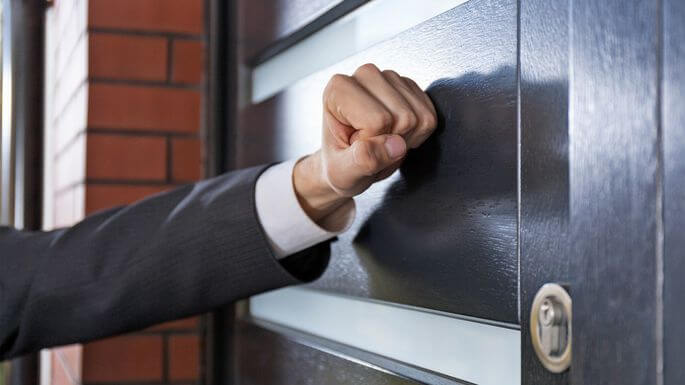
In the lease agreement, The moment of the owner’s visit to the living space is mentioned. Which indicates the number of such visits and the dates of the visits. Most often, the contract provides for one visit per one month. It is recommended to discuss the issue of the date and time of the visit before the conclusion of the agreement between the parties.
At any other time, especially when the tenant is outside the house, the owner does not have the right to enter and even open the apartment. If the landlord violates this clause of the contract, then according to the law, he is subject to liability for this violation. For such cases, the contract may specify the amount of the fine and several other penalties. The law also provides for criminal liability that will have to be incurred by the apartment owner for violating one of the fundamental constitutional human rights – the inviolability of the home.
Can the owner check the living space for clutter or dirt?
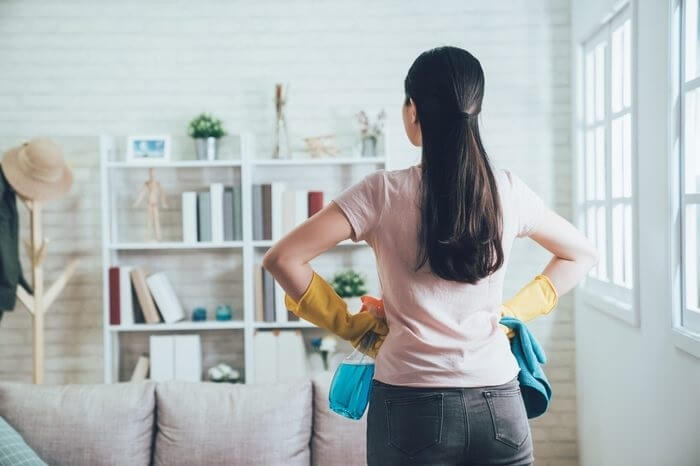
When owning an apartment, the tenant is obliged to maintain the living space in “proper condition” to carry out repair work in the event of breakdowns due to his fault but is not obliged to adhere to the ideal cleanliness in the house. The right to reprimand the tenant or terminate the contract is granted to the owner only when direct damage to the property is caused. For example, due to lack of cleaning, mold and the like began to grow on the floor. Unwashed floors, dirty glass, unwashed dust – all this is not a reason for a reprimand.
To avoid cases when an untidy apartment remains after the tenant, a clause on mandatory cleaning before eviction may be spelled out in the contract.
Should the owner take the tenant’s stuff?
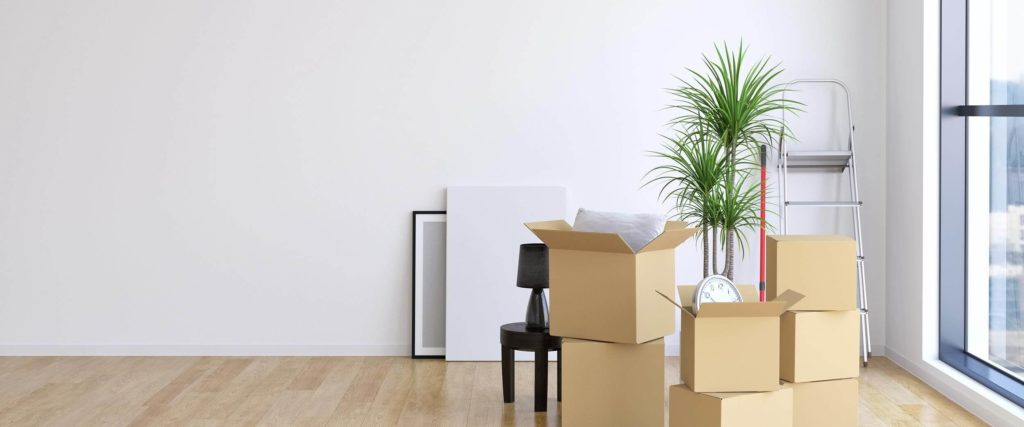
Although ownership remains with the landlord, the landlord has no right to move, touch or use the tenant’s personal belongings. He is also forbidden to rearrange furniture, move objects around the apartment. And open drawers of the curbstone, even if it comes to a monthly visit. Of course, when visiting an apartment, he can sit on the sofa, use the sink to wash his hands, etc.
But the right to move furniture is granted to the actual tenant of the apartment. For the duration of the lease, he can move the closet as it is convenient for him. And remove excess furniture in the closet, roll up the carpet, etc. However, at the time of leaving the apartment, the tenant must put everything in its place.
Can the owner change locks in the absence of the tenant?
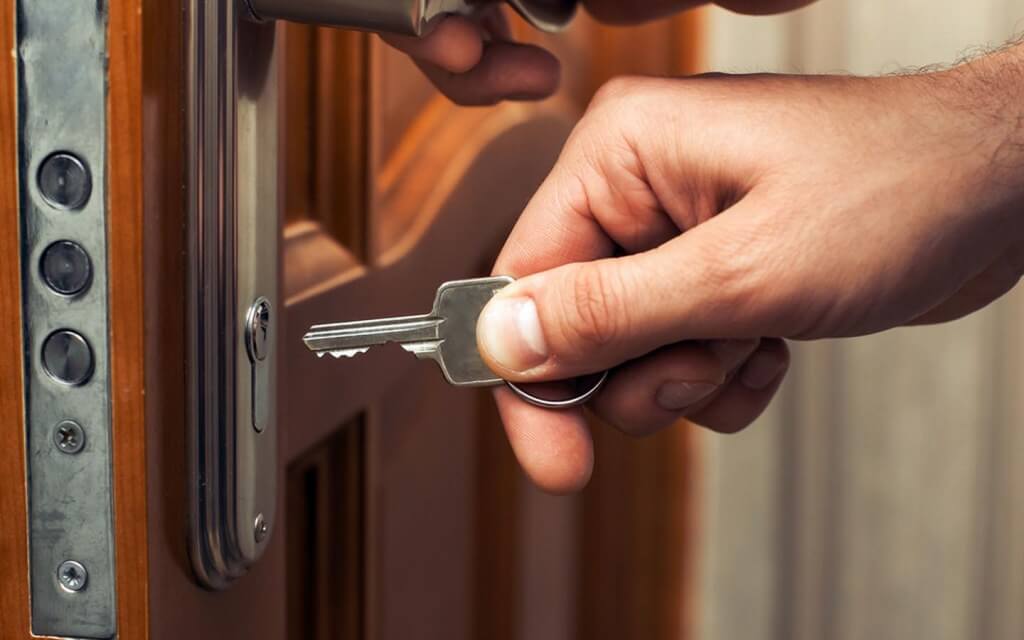
If the landlord urgently needs to change the apartment locks, which falls on the rental period, he must agree to the tenant and get his consent to repair it. If the tenant’s consent has not been obtained, then a claim can be filed against the owner for obstructing the use of the living space.
If the tenant came home and the locks were changed, he has every reason to apply with the court. There he has the right to demand from the owner monetary compensation for the inability to get into the apartment and the moral harm caused to him.
Does the landlord have the opportunity to terminate the contract in advance if there are no violations against the tenant?
If one of the agreement clauses stipulated the conditions for its early termination, it would not take much time to evict. To terminate the contract, it is necessary to notify the other party about it in advance and obtain from it the corresponding consent provided for in the lease agreement.
If the agreement does not provide for such a procedure, then both parties can rely on the existing law, where everything is somewhat more complicated for the owner. To evict tenants from their own living space will require participation in a lawsuit, for which grounds are needed in the form of violations on the part of the tenant. Among the provided are the following:
- Damage or destruction of living space;
- Violation of the lease payment terms (more than two months with a lease term of less than a year, more than six months with a lease term of more than a year);
- Use of the living space for other than its intended purpose, complaints from neighbors about noise, or any different situation in which their peace of mind is disturbed.
The reason alone is not enough to legally terminate the contract with the tenant ahead of schedule. Each of the above points must be confirmed by the court and is subject to proof.
Situations in which tenants are evicted without detecting violations are a direct violation of the law on the part of the owner.
Is it possible to place the owner’s personal belongings in the apartment?
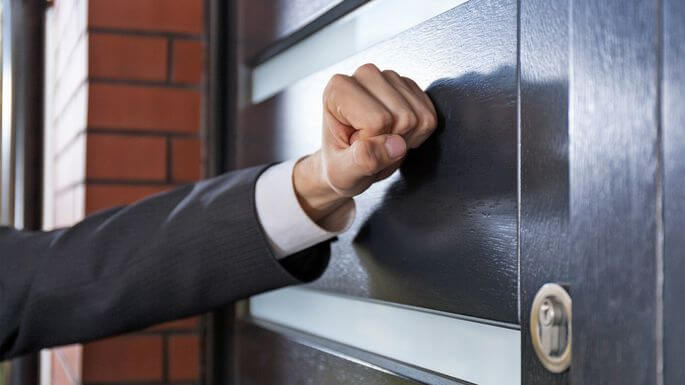
As mentioned earlier, the right to use and own the apartment passes to the tenant for the duration of the lease. All things stored in the apartment at the time of the signing of the contract can remain in place. And new household items must be issued in a separate document, where the tenant confirms his permission for storage with a personal signature.
Does the law give the owner the right to prohibit animals from living in the living space?
Even if the apartment owner presented permission, however, all the damage caused to the house for rent by the animals, the tenant is obliged to compensate.
Can the owner force the repair work?
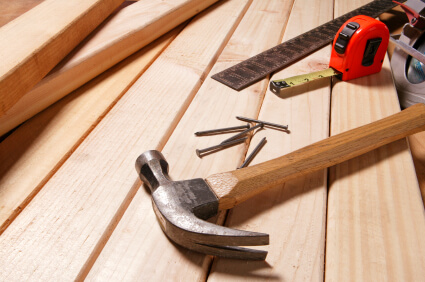
The obligation to carry out repair work is assigned exclusively to the property owner, which implies the restoration of load-bearing elements, large-scale objects of the apartment supply system with the necessary resources (water, gas, etc.). However, the owner can ask the tenant for routine repairs (painting walls, wallpapering, replacing sockets and switches). In this case, everything happens based on a contract, where the owner can offer a reduction in the rental price for repair work or other privileges.
Can the owner live in an adjoining room in a rented apartment?
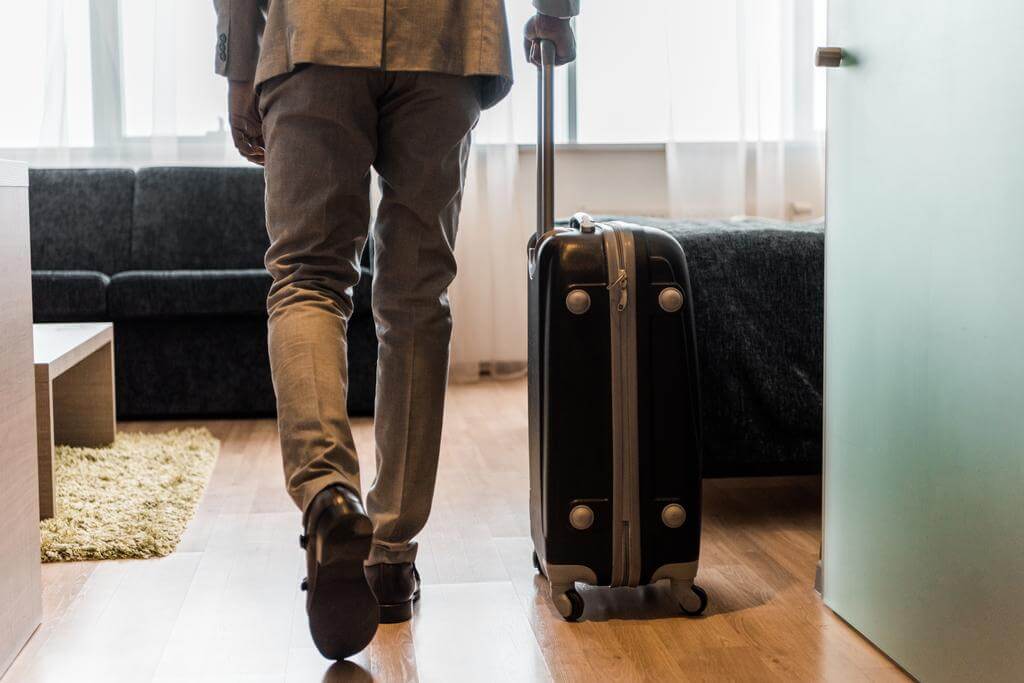
This is a rather tricky situation that will require a drawn-up contract and mutual agreement of the parties on how the shared living space will be used. If the tenant has expressed a desire to rent only one room in the apartment, then the ownership of the remaining rooms remains with the owner. He can put his relatives there, arrange his things, etc. The only condition is to prevent the situation when such actions on the owner’s part prevent the tenant from using his room. Therefore, when renting a room in an apartment where the owner lives, it is essential to discuss everything in advance and agree on everything “on the shore.”


